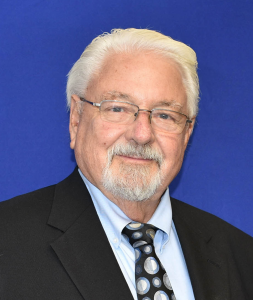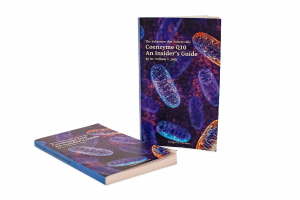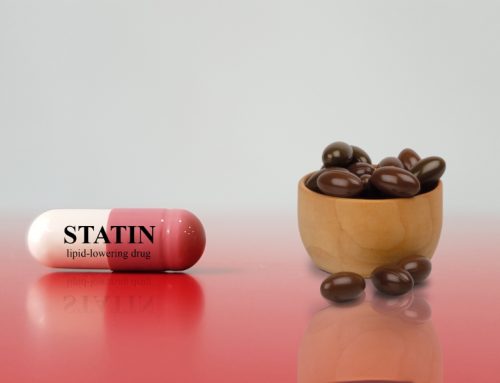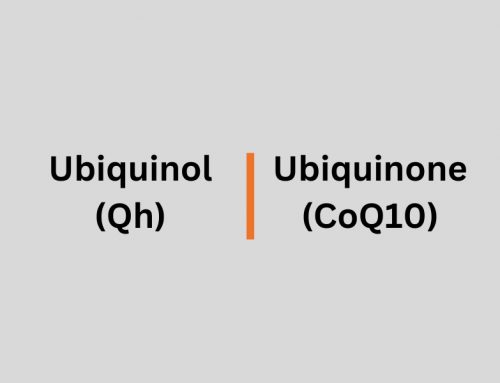
In his 2018 book entitled Coenzyme Q10: An Insider’s Guide, Dr. William V. Judy describes the complicated relationship between Coenzyme Q10 and statin medications. Please see pages 80-85. The book is available from amazon.com.
A 2018 meta-analysis and systematic review has shown that Coenzyme Q10 supplementation significantly ameliorates statin-induced muscle symptoms [Qu]:
- reduces muscle pain
- reduces muscle weakness
- reduces muscle cramping
- reduces muscle fatigue
The positive results of the meta-analysis suggest that Coenzyme Q10 supplementation may be a complementary approach to the management of statin-induced myopathy [Qu].
Why Do You Need Coenzyme Q10 Supplements with Statin Medication?
Statin medications are drugs widely prescribed in order to lower patients’ levels of total cholesterol and the so-called “bad” ldl-cholesterol. Statins are used to protect against heart attack and stroke; however, they do have adverse effects.
Commonly prescribed statins have easily recognizable names:
- Atorvastatin (Lipitor)
- Fluvastatin (Lescol)
- Lovastatin (Mevacor)
- Pravastatin (Pravachol)
- Rosuvastatin (Crestor)
- Simvastatin (Zocor)
Regardless of the statin formulation, the statin treatment duration, and the statin treatment dosage, the use of statin medications is significantly associated with reductions in the patients’ plasma Coenzyme Q10 concentrations [Qu]. The taking of a statin medication results in the inhibition of the body’s bio-synthesis of Coenzyme Q10 [Okuyama].

You can find Dr. Judy’s book on amazon.com by searching for Judy Q10. Adding the word “Insider’s” to the search will focus the search even more.
Drs. Okuyama and Langsjoen fear that the use of statins may actually cause coronary artery calcification and mitochondrial dysfunction through the inhibition of Coenzyme Q10 bio-synthesis and inhibition of ATP generation [Okuyama].
Drs. Okuyama and Langsjoen warn that the pervasive use of statin medications may be aggravating the incidence of heart failure and atherosclerosis through the adverse actions of the statins [Okuyama]:
- inhibition of Coenzyme Q10 bio-synthesis
- depletion of ‘heme A’
- inhibition of the synthesis of vitamin K
- inhibition of the biosynthesis of selenoproteins, e.g. glutathione peroxidase, which suppresses peroxidative stress
Coenzyme Q10 and Statin-Induced Muscle Symptoms
The statin-induced inhibition of the bio-synthesis of Coenzyme Q10 may also be responsible for the incidence of muscle pain, weakness, and fatigue in some patients on statin medications. Accordingly, Coenzyme Q10 supplementation may be indicated to reduce the extent and severity of the muscle problems [Qu].
Coenzyme Q10 and Cardiovascular Disease
Patients on statin medications are, of course, patients at risk for cardiovascular disease.
Heart disease patients need Coenzyme Q10 supplementation. Here is the evidence.
The two-year Q-Symbio study showed that daily adjunctive treatment of chronic heart failure patients with 3 x 100 milligrams of Coenzyme Q10 significantly improved the symptoms and survival of the patients [Mortensen].
The four-year KiSel-10 study showed that daily supplementation of senior citizens with 2 x 100 milligrams of Coenzyme Q10 and 200 micrograms of high-selenium yeast reduced the cardiovascular mortality, maintained heart function, and improved health-related quality of life in senior citizens [Alehagen].
Details of the Coenzyme Q10 and Statin-Induced Myopathy Study
The researchers evaluated the results of nine studies enrolling 433 patients (222 in the CoQ10 supplementation groups and 211 in the placebo groups).
All of the studies enrolled more than 30 patients reporting muscle symptoms. The Coenzyme Q10 treatment in the studies lasted from 30 days to three months and consisted of 100 to 300 milligrams of Coenzyme Q10 daily.
Compared to the patients in the placebo group, the patients in the Coenzyme Q10 treatment group had statistically significantly lower levels of muscle pain, muscle weakness, muscle cramping, and muscle fatigue [Qu].
Summary: Coenzyme Q10 and Statin Medications
- The use of statins reduces the levels of circulating Coenzyme Q10 by 16% to 54% [Qu].
- Significant benefit to heart failure patients requires plasma CoQ10 levels be raised above 2.5 mcg per milliliter [Langsjoen].
- Beyond inhibiting the bio-synthesis of Coenzyme Q10 in all patients and causing muscle inflammation in some patients, statin medications are known to have the following other adverse effects [US Food and Drug Administration; Qu]:
- intestinal problems
- liver damage (although rarely)
- high blood sugar and increased risk of type 2 diabetes
- Statins may interfere with other medications [Qu].
Sources
Alehagen, U., Johansson, P., Björnstedt, M., Rosén, A., & Dahlström, U. (2013). Cardiovascular mortality and N-terminal-proBNP reduced after combined selenium and Coenzyme Q10 supplementation: a 5-year prospective randomized double-blind placebo-controlled trial among elderly Swedish citizens. International Journal of Cardiology, 167(5), 1860-1866.
Langsjoen, PH & Langsjoen, AM. (2013). Comparison study of plasma Coenzyme Q10 levels in healthy subjects supplemented with Ubiquinol versus Ubiquinone. Clinical Pharmacology in Drug Development, 3(1) 13–17.
Mortensen, S. A., Rosenfeldt, F., Kumar, A., Dolliner, P., Filipiak, K. J., Pella, D., & Littarru, G. P. (2014). The effect of coenzyme Q10 on morbidity and mortality in chronic heart failure: results from Q-SYMBIO: a randomized double-blind trial. JACC. Heart Failure, 2(6), 641-649.
Okuyama, H., Langsjoen, P. H., Hamazaki, T., Ogushi, Y., Hama, R., Kobayashi, T., & Uchino, H. (2015). Statins stimulate atherosclerosis and heart failure: pharmacological mechanisms. Expert Review of Clinical Pharmacology, 8(2), 189-199.
Qu, H., Guo, M., Chai, H., Wang, WT, Gao, ZY & Shi DZ. (2018). Effects of Coenzyme Q10 on Statin-Induced Myopathy: An Updated Meta-Analysis of Randomized Controlled Trials. J Am Heart Assoc, 7(19): e009835.
U. S. Food and Drug Administration. (2012). FDA Drug Safety Communication: Important safety label changes to cholesterol-lowering statin drugs. FDA Drug Safety Communication. Retrieved from https://www.fda.gov/drugs/drug-safety-and-availability/fda-drug-safety-communication-important-safety-label-changes-cholesterol-lowering-statin-drugs
The information presented in this review article is not intended as medical advice and should not be construed as such.
17 September 2019









Leave A Comment